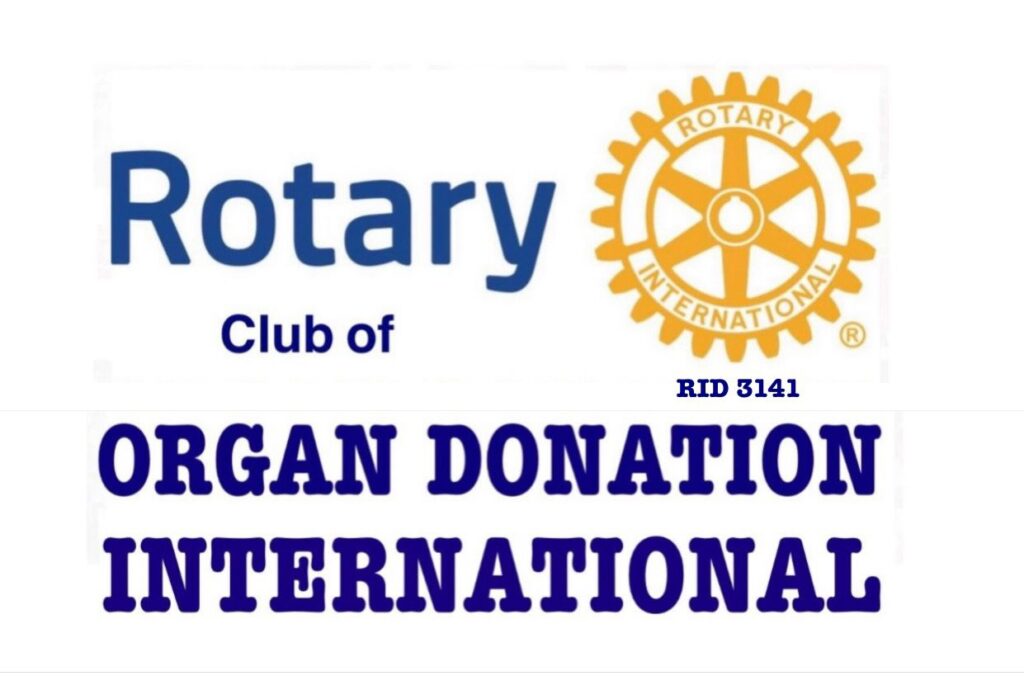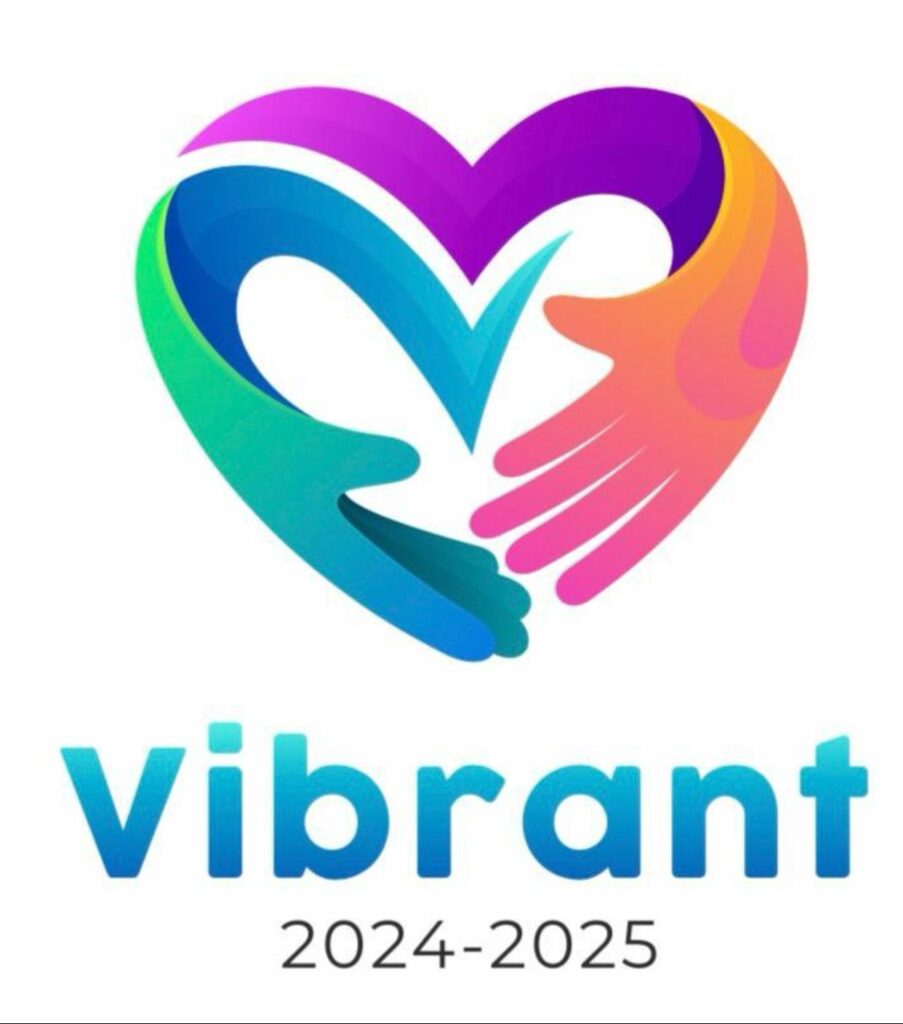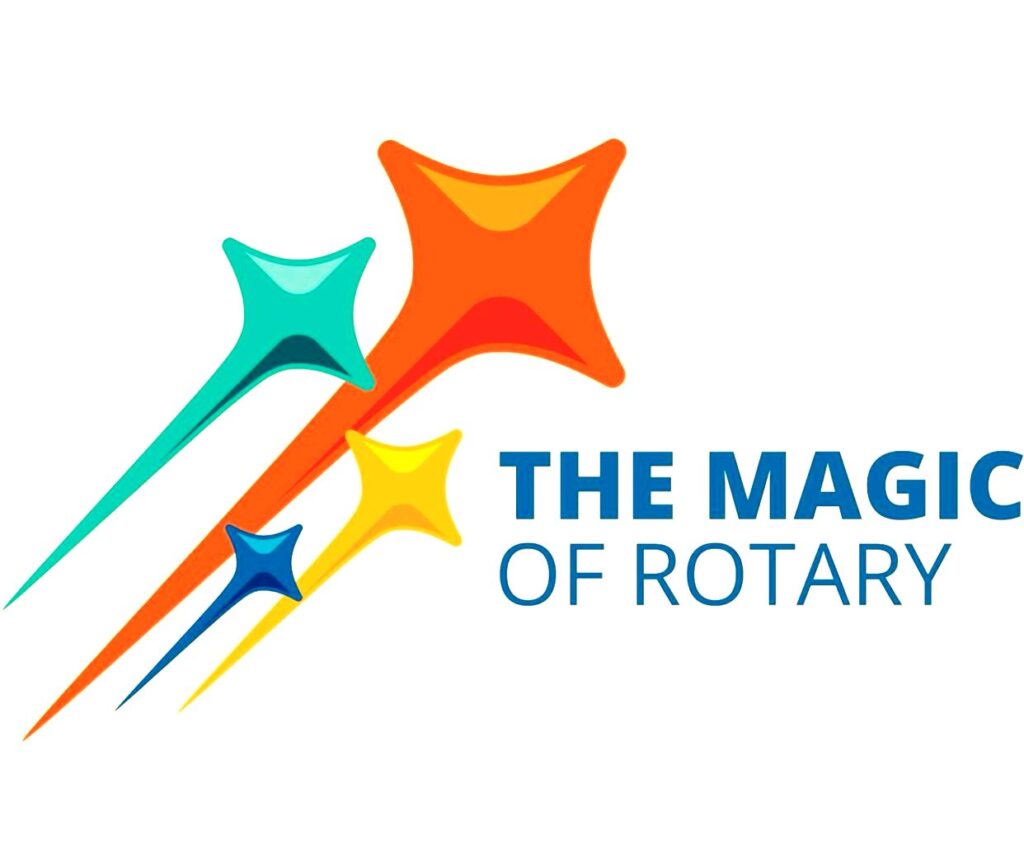The media, a powerful driver of public opinion, holds immense potential to address the critical challenges of organ donation in India. According to Rtn Lal Goel, it can play a pivotal role in bridging the gap between the rising demand for organs and the availability of resources, thereby saving countless lives.
The current organ donation landscape in India
India grapples with a severe shortage of organs and inadequate infrastructure for transplants. Many states, including Uttar Pradesh, highlight the disparity—despite high road accident fatalities, which could provide a source of organs from brain-dead donors, the state has only a handful of Organ Retrieval and Transplant Centres.
This disparity underlines the urgent need for intervention, and media can serve as a catalyst in transforming the landscape.
The role of media in addressing organ donation challenges
- Raising awareness
- Media can highlight the acute shortage of Organ Retrieval and Transplant Centres and advocate for their establishment in every revenue district, ensuring equitable access across the country.
- Educating the public
- Informing citizens about government schemes such as:
- PM-JAY (Ayushman Bharat): Offering financial support for transplants.
- Rashtriya Arogya Nidhi (RAN): Providing up to ₹15 lakh for transplants to economically disadvantaged patients.
- Informing citizens about government schemes such as:
- Encouraging organ donation
- Sharing impactful stories of successful transplants and their life-changing outcomes can inspire people to pledge their organs or consider donating those of brain-dead relatives.
- Streamlining processes
- Investigative journalism can expose bureaucratic delays in brain death declarations and advocate for transparent, efficient systems for organ retrieval and transplantation.
Benefits of media-driven campaigns
- Dispelling myths and misconceptions
- Public education can address cultural and religious biases against organ donation, fostering a more accepting society.
- Advocating for policy reform
- By spotlighting gaps in healthcare infrastructure, media can push for better policies and increased funding to improve organ donation systems.
- Creating emotional connections
- Real-life donor and recipient stories can inspire individuals to pledge their organs and families to make life-saving decisions.
- Promoting social equity
- Amplifying the voices of underprivileged communities ensures equitable access to organ transplantation services.



A call to action
Media has the potential to be a game-changer in organ donation by raising awareness, advocating for reforms, and inspiring collective action. With its vast reach and influence, the media can reshape public perception, drive policy changes, and ultimately make lifesaving organ transplants accessible to all.
The time for action is now. Media must become a beacon of hope, transforming the narrative around organ donation and saving countless lives in the process.
